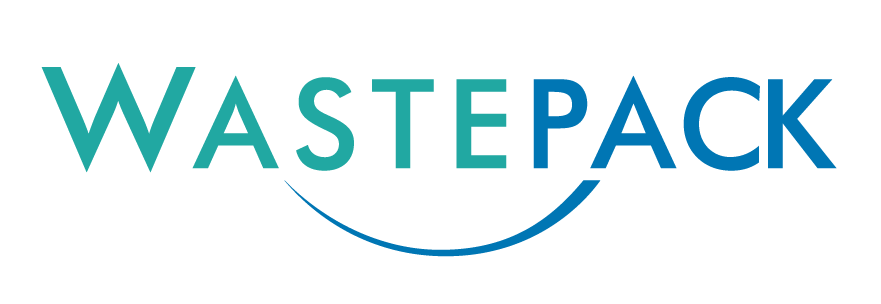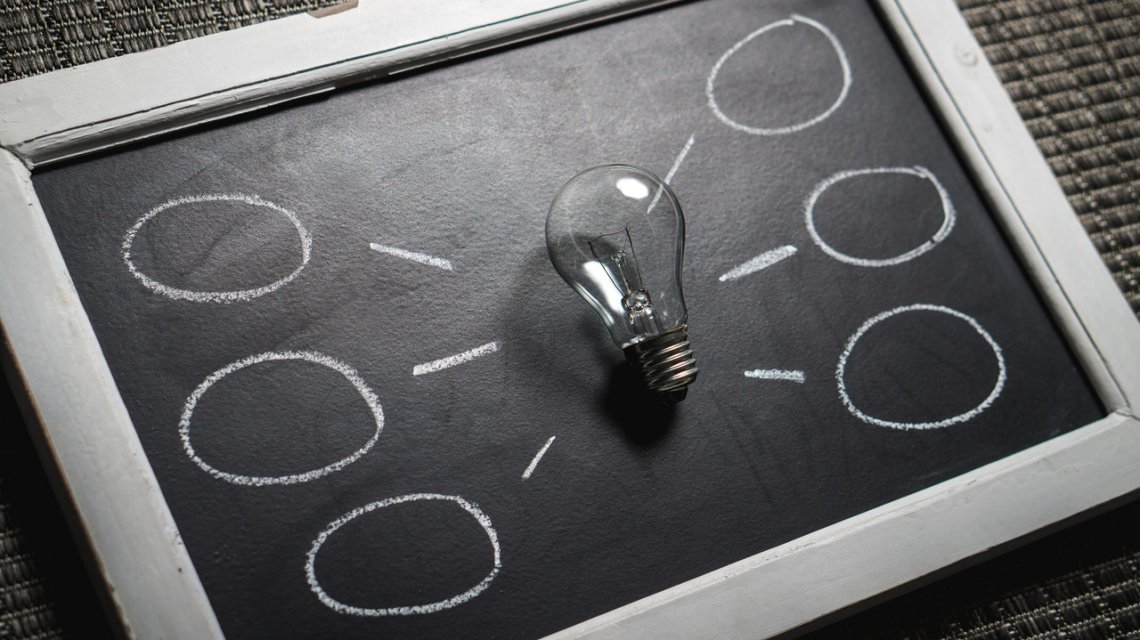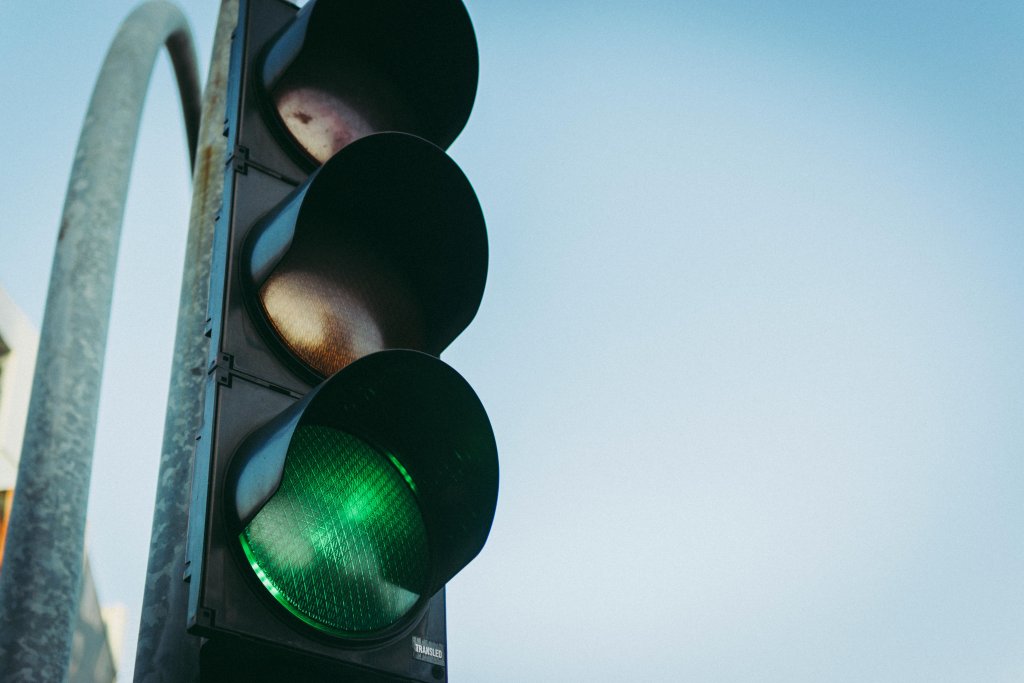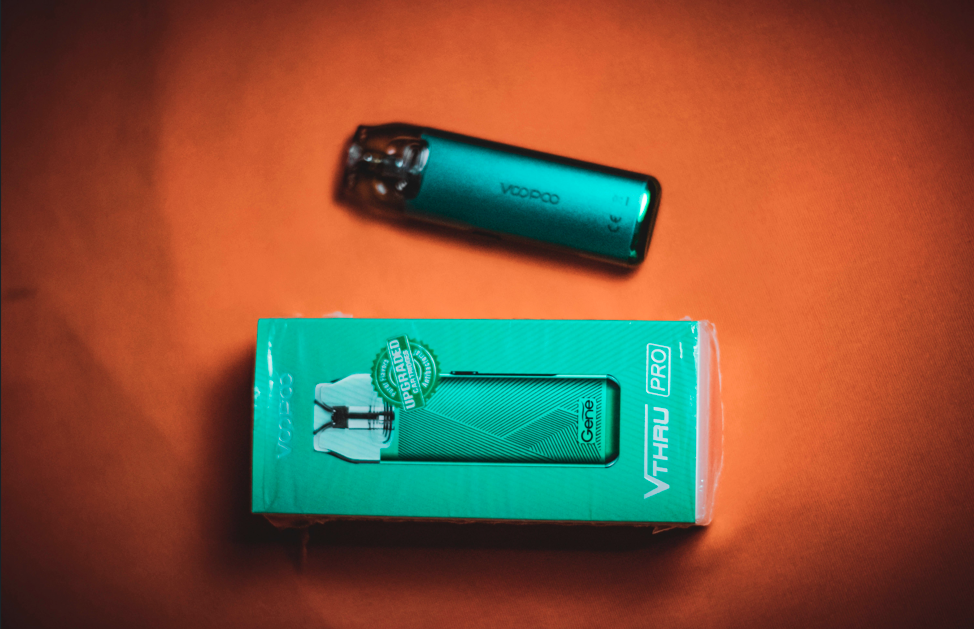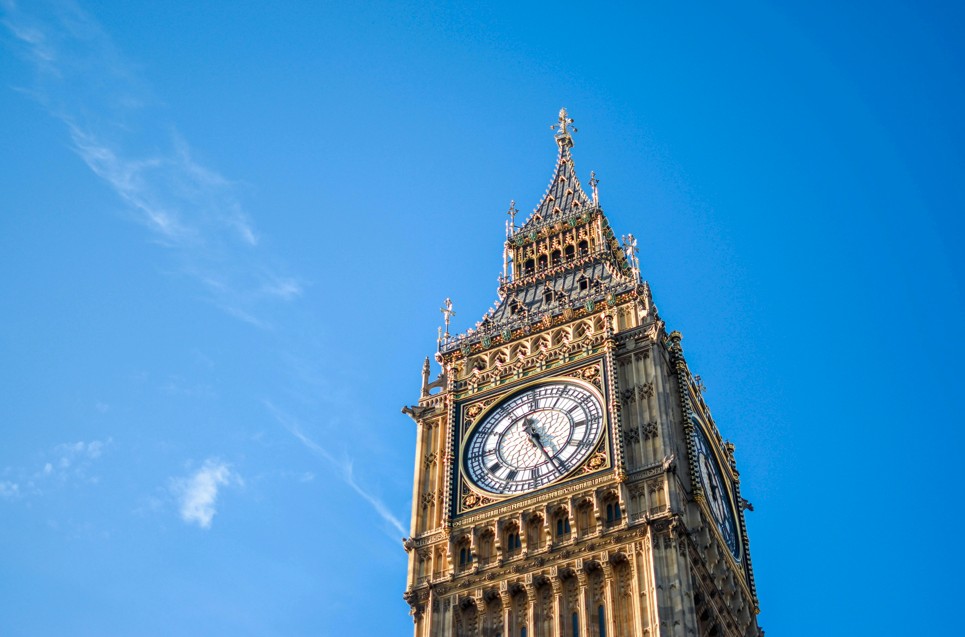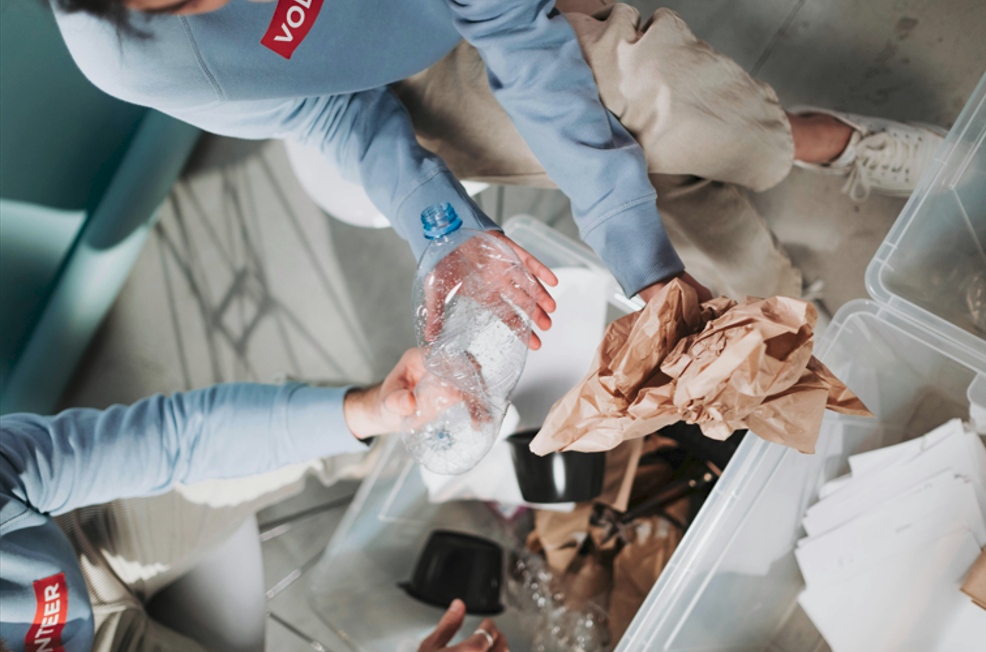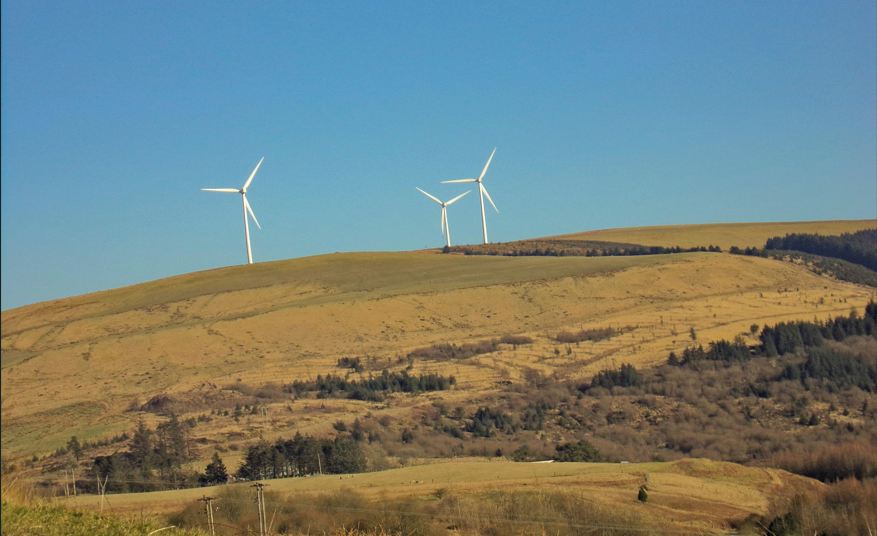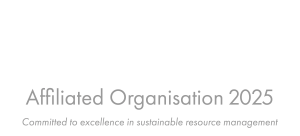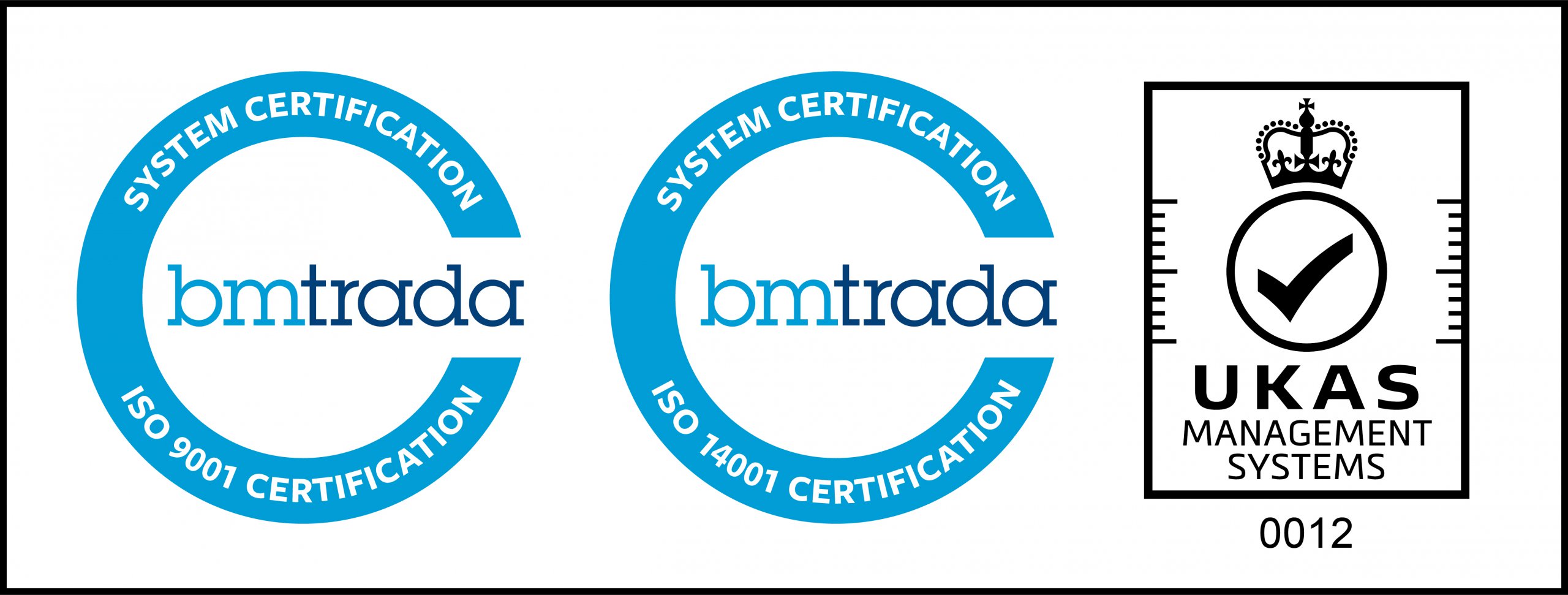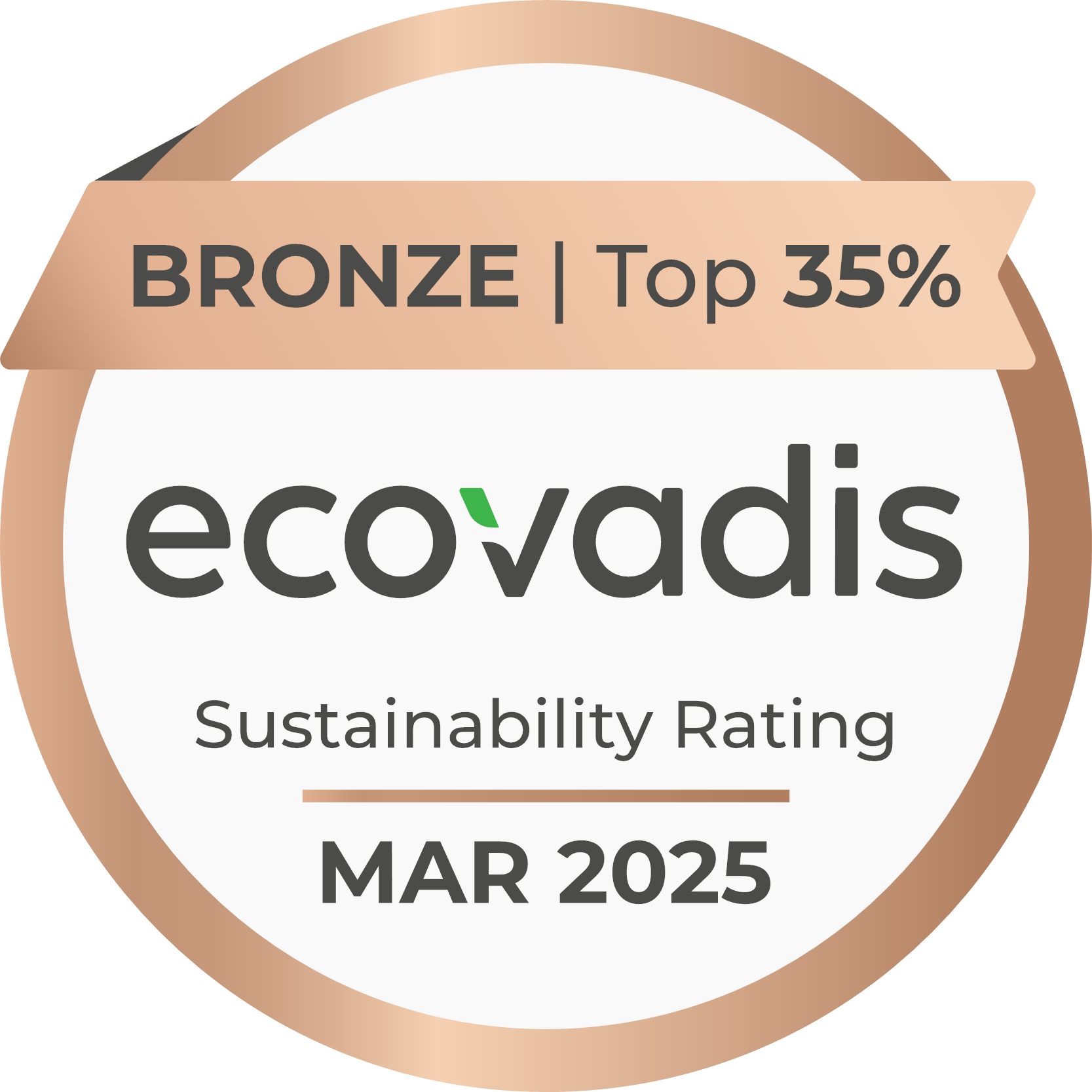In February the Government released its Post Implementation Review (PIR) of the Waste Electrical and Electronic Equipment (WEEE) Regulations 2013. PIR is a process used to assess regulation effectiveness, evaluate whether original objectives are being met and identify any unintended consequences. It is usually completed five years after the introduction of the regulations; for WEEE this was expected in 2019.
The review considered a variety of information and data from the EA, compliance schemes, trade bodies and compliance fee proposals; as well as the consultation summary and responses from the 2017 WEEE Consultation published in 2018. Whilst the review states that there is clear evidence to show that the 2013 WEEE Regulations achieved the objectives, the document outlines a series of policy recommendations to be explored as part of the commitment in the Resources and Waste Strategy. The strategy document published in December 2018 set out strategic ambitions to maximise the value of resources and minimise waste and its impact on the environment.
“Where existing legislation does not match these ambitions, we will take new powers to strengthen it. For the WEEE producer responsibility regime this will involve consulting on changes to the Regulations to incentivise more sustainable product design, increase recycling and ensure alignment with the wider EPR framework. Following these reviews, we will amend the Regulations as necessary.”
You can view the full Post Implementation Review here. We will keep members fully informed of future developments and consultations.
